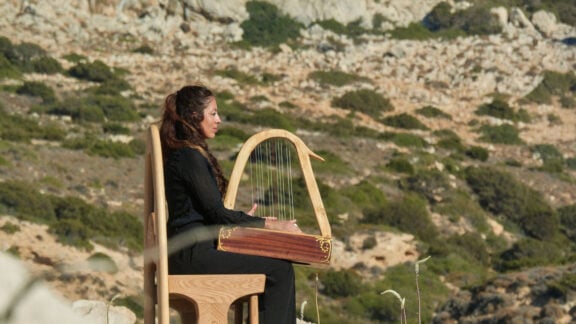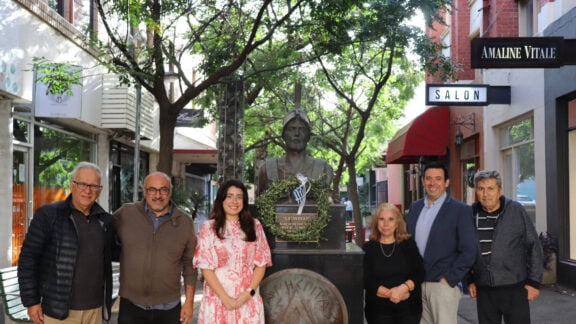Four lifesavers from Greece have spent two months on Gold Coast beaches training as lifesavers to better their skills and take their knowledge back to the Hellenic Republic.
Evangelos Tsampazis, Antonis Argyrakos, Christon Ziogas and Paris Pakimidis have been in Queensland since 29 November 2012, enhacing their lifesaving knowledge with Pakimidis and Argyrakos succesfully completing thir Bronze Medallion and Ziogas getting his proficiency. They all completed their training at Broad Beach Surf Lifesaving Club in the Gold Coast.
Each year, Mr Tsampazis organises a group of lifesavers from Greece to train on Australian waters and gain profiencies in areas of surf lifesaving and learn new skills to take back to Greek waters. The lifesavers fund the trip themselves but are thankful to the Greek community in Queensland for their ongoing help. Families within the community offer their houses and billet the lifesavers for the duration of their stay. Tsampazis told Neos Kosmos he is grateful to Tom and Kay Souris and the Kottanides family for billeting them and to the Greek community of Saint Anne and Father Roman for their ongoing help year after year.
This is the fourth time Mr Tsampazis has been in Australia on lifesaving duties, and this year, he and his colleagues got a chance at patrolling on Christmas and New Years Day.
“Christmas day was challenging because conditions were rough and we had 11 rescues on the beach,” Mr Tsampazis said.
“Even the club said they don’t get that many rescues in one day so we had to do a lot of rescues due to the conditions and the amount of people on the beach.”
He was quick to point out that although they had such a high number of rescues, the preventative actions the lifesavers put into action were “ten times more”.
“The beaches here are very different to Greece – it’s more challenging with the rips, the wind and the waves,” said Mr Tsampazis of the challenges faced by the Greek lifesavers.
“So we think if we can do it here then it will be much easier in Greece; and the Bronze Medallion is well-known around the world so we can now work in any country.”
Mr Tsampazis said that although the sea in Greece is calm and quiet they still have over 300 drownings a year. Last year, the Greek waters saw 378 drown and in 2011, there were 350 victims. He said that Greek swimmers aren’t so quick to heed the advice of lifesavers as they do in Australia and wants to take back the knowledge to Greece to educate the swimmers on the dangers of the sea.
As for tourists in Greece, he said they are more likely to listen to the lifesavers but language can sometimes be a barrier for them.








